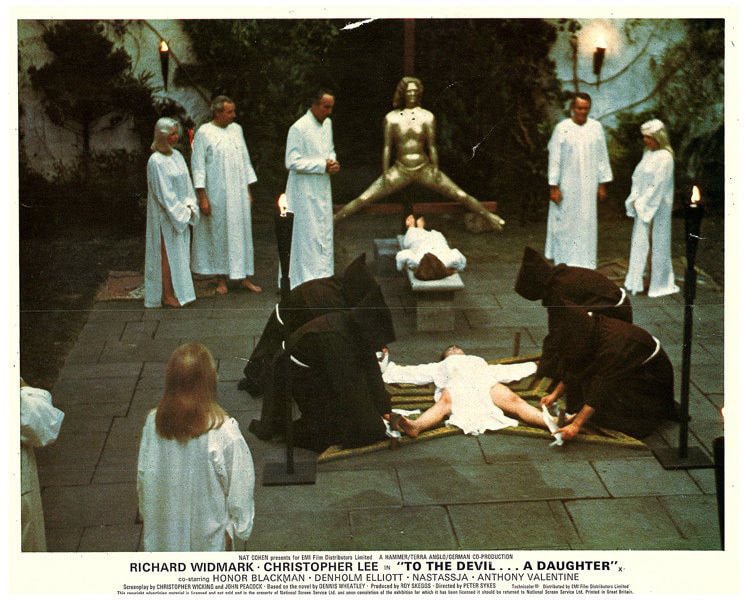


For example, most left-wing histories of the French Revolution, often marred by a Stalinist French nationalism, fail to understand the centrality of the Haitian colony and slavery in the development of French capitalism and the consequent strength of the bourgeoisie to overthrow the absolutist monarchy. It has always been a challenge to liberals and their counsel of piecemeal reform and gradualism, which rarely if ever delivers change, and instead promises a counter-model of class struggle and revolution.Įven on the left, the Haitian Revolution does not get the recognition it merits. In the nineteenth and twentieth centuries, it offered hope of insurrection for independence to the colonies subject to the European empires. In its time it directly threatened the slave empires in the new world. But they hold a particular animus toward the Haitian Revolution. Why? Our rulers of course minimize the role of revolution in history, even the ones that brought them to power, for fear of highlighting the fact that fundamental change comes from social revolution. While historians have written tomes on the eighteenth century’s other great revolutions-the American, and French-the Haitian Revolution has been buried under calumny or simply suppressed. He and his revolutionary army of self-emancipated slaves defeated the three great empires of the eighteenth century-Spain, England, and France-and finally won independence after a decade of struggle in 1804. The slaves’ struggle produced heroic leaders, especially Toussaint L’Ouverture. THE HAITIAN Revolution was the first and only successful slave revolution in human history.


 0 kommentar(er)
0 kommentar(er)
